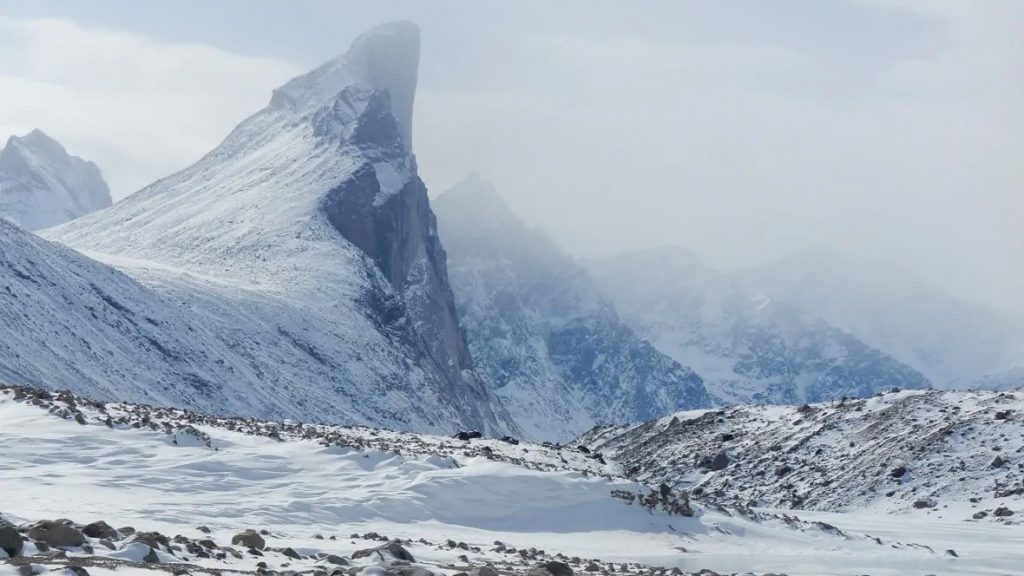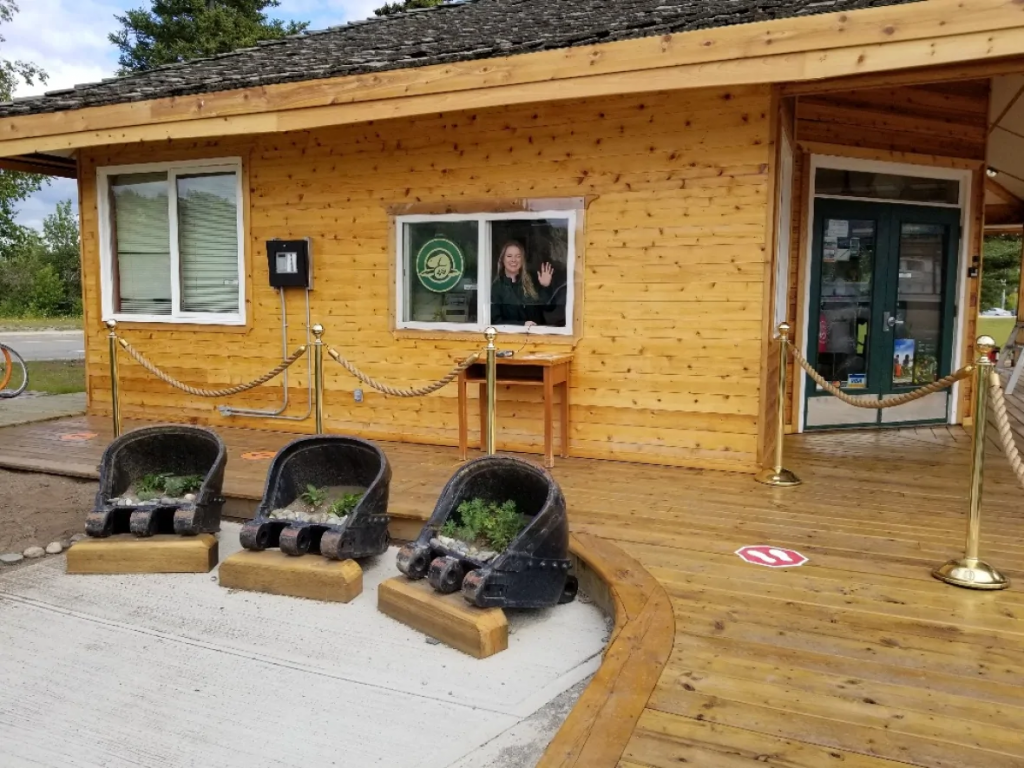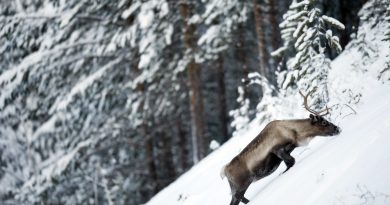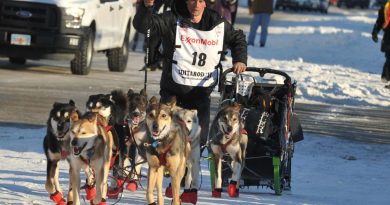Northern Canada’s national parks will be a different experience for visitors this year

Going to any national park across the North is going to look different this year amid the pandemic.
In the Western and Eastern Arctic, all of the national parks except for the Pingo Canadian Landmark have been closed to the public for the summer, partly due to search and rescue capacity.
“Due to the remoteness of these locations in the Arctic … the capacity to respond to these incidents is just reduced especially with the border closures,” said Michael Blyth, visitor experience manager for Parks Canada’s Western Arctic field unit in the Northwest Territories.
Blyth said it comes down to safety, and many of the search and rescue resources may have to come from outside of the territory.

Currently, Nunavut and the N.W.T. are only allowing visitors from within those two territories. However, beneficiaries in all three territories can still access their traditional lands for harvesting and other traditional activities.
The three national parks in the Western Arctic and the historic site near Délı̨nę, N.W.T., are closed until further notice, while the five national parks in Nunavut are closed until at least Aug. 31.
Those include:
- Aulavik National Park.
- Tuktut Nogait National Park.
- Ivvavik National Park.
- Saoyú-Ɂehdacho National Historic Site.
- Auyuittuq National Park.
- Sirmilik National Park.
- Quttinirpaaq National Park.
- Qausuittuq National Park.
- Ukkusiksalik National Park.
Parks Canada is making sure it navigates the season as safely as possible while following the protocols set out by health officials in the territories due to the COVID-19 pandemic.
In the Arctic regions, the parks are quite isolated and only accessible by boat, plane or helicopter.
In the Western Arctic, parks officials have worked with the correct agencies in both the N.W.T. and Yukon, where Ivvavik National Park is located, to safely get some of their staff out to the parks to do needed maintenance, as well as research, on select sites — while following regulations.
“We are doing some of our key research and data collection projects. It’s in a limited way,” said Blyth.
However, in Nunavut it’s another story.
“We haven’t been getting into the parks and I know all our staff are missing that because it’s always the highlight of our work experience for the year,” said Barb Brittain, the visitor experience manager with Parks Canada’s Nunavut field unit.
Brittain said the staff have been able to get other work done and are getting prepared for next year if the pandemic continues.
“We are just redirecting our staff to different work that we struggle to get done in a normal year because we are usually busy in the field at this time of year,” she said.

Meanwhile, in Yukon, almost everything is open but the Chilkoot Trail.
Tours are still operating in Dawson City and on the S.S. Klondike National Historic Site but at a reduced capacity to follow physical distancing regulations.
Normally the historic S.S. Klondike could hold about 25 people, but this year the tours are limited to six visitors.
Jackie Zinger, external relations manager with the Yukon field unit for Parks Canada, said most of the tours have limited capacity, with numbers going as high as 20 or as low as six depending on what the experience is.
Yukon is open to tourists from all of the territories as well as British Columbia. She said they are seeing visitors mostly from B.C. and Yukon.
In the southwest Northwest Territories, all four Parks Canada sites are open to visitors:
- Wood Buffalo National Park.
- Nahanni National Park Reserve.
- Nááts’įhch’oh National Park Reserve.
- Thaidene Nëné National Park.
“Sometimes we’ll end up with 20 to 25 people for a guided hike. Just for social distancing purposes, we are reducing that number to 10,” said Tim Gauthier, external relations manager for the southwest Northwest Territories unit for Parks Canada.
Gauthier said there are a limited number of campsites at some of the areas, and Parks Canada has reduced some of the activities.
He said although Wood Buffalo National Park is open, N.W.T. residents need to know that most park services are on the Alberta side and there could be issues related to travel in that area.
Gauthier said visitors for the day should be given a day pass to visit the park, but all potential visitors should check with Protect NWT before they visit.
“Visitors should note that there are lots of exciting experiences to be had but it is going to be a different experience at parks this year,” said Gauthier. “So trip planning and being prepared in advance has to be key.”
Related stories from around the North:
Arctic: Arctic cruise operators brace for coronavirus uncertainty, Radio Canada International
Canada: Nunavut park overrun by eager campers in Arctic Canada, CBC News
Finland: Jump in, the water’s (mostly) fine in Finland, study finds, Yle News
Iceland: Iceland and Greenland implement COVID-19 testing for travellers, Eye On The Arctic
Norway: Norwegian cruise operator Hurtigruten reframes 500-guests ships for year-round expedition cruises, The Independent Barents Observer
Russia: All Russia’s North Pole cruises rescheduled to 2021, The Independent Barents Observer
Sweden: Swedish company Birka Cruises to shut down after 49 years, Radio Sweden
United States: ‘A little frustrating’: Northwest Canada tours, Alaska cruises cancelled this year, CBC News



